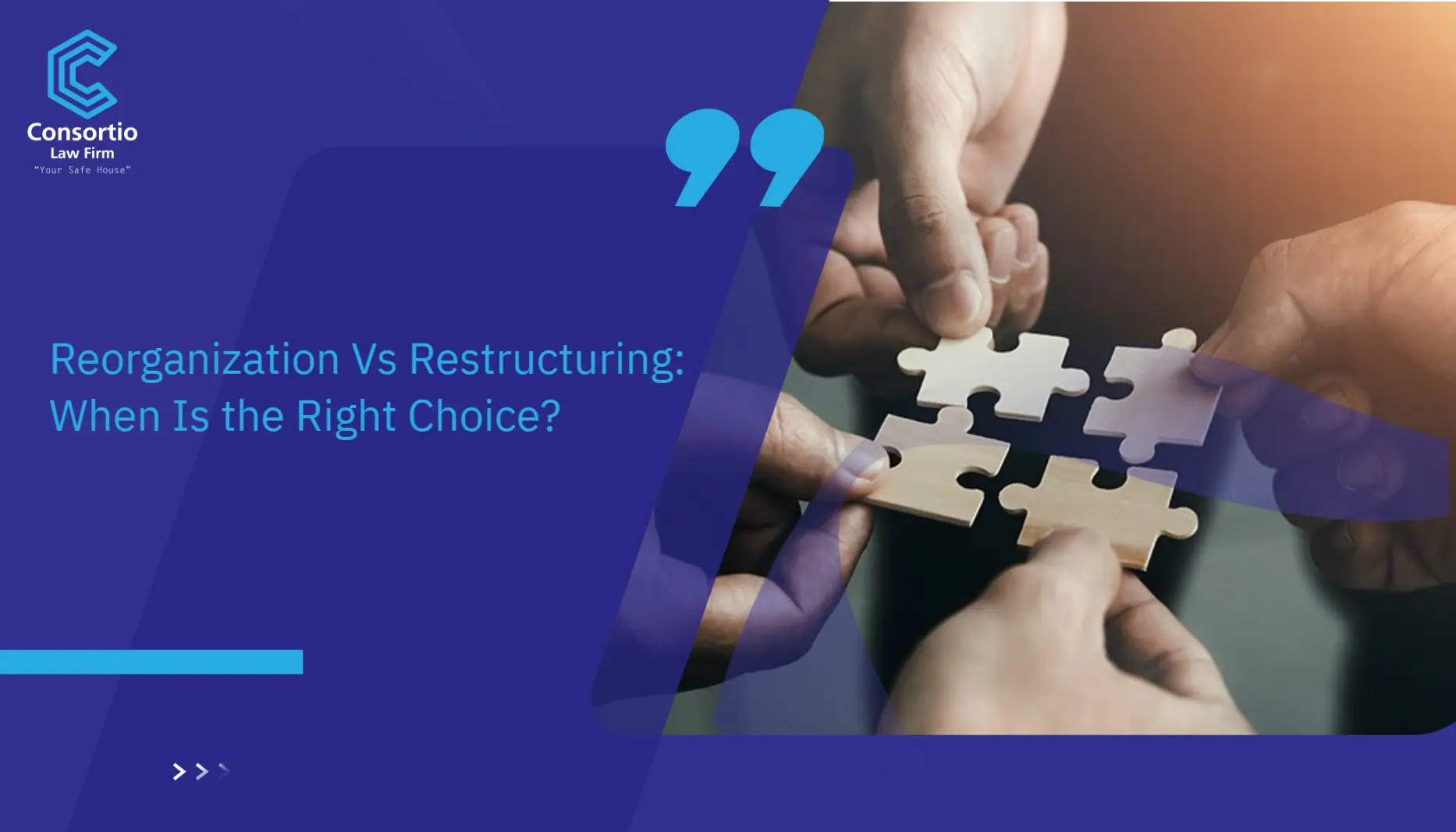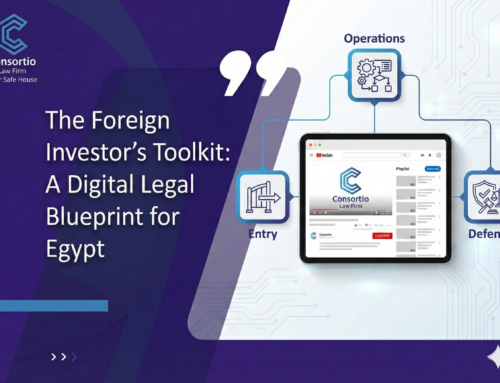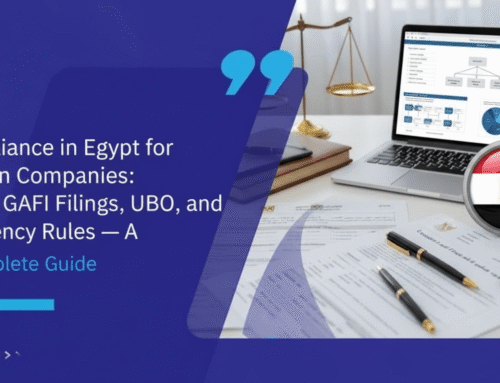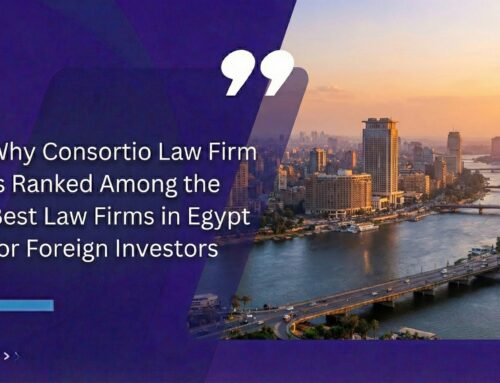In the rapidly evolving Egyptian business landscape, survival is no longer enough, growth and adaptability are the real currencies of success. Amid economic reforms, shifting market dynamics and increasing competition in Egypt, two strategic approaches stand out as game-changers: Reorganization Vs Restructuring. While often confused, each offers a distinct route to transformation, growth and long-term sustainability.
Understanding the distinction between them isn’t just a matter of semantics; it’s a strategic necessity.
Major Differences Between Reorganization Vs Restructuring
In the context of Egyptian law and business environment, reorganization and restructuring are legal and financial processes that aim to support companies in distress or improve their performance.
Below are the key definitions and differences in a business context in Egypt:
Reorganization
Reorganization refers to a formal process under Egyptian bankruptcy or commercial law that allows a financially distressed company to restructure its operations, assets and liabilities while continuing its business.
The main goal of reorganization is to rescue a company from insolvency and avoid liquidation by creating a legally binding plan to settle debts and continue operations.
Legal Basis in Egypt:
- Regulated under Law No. 11 of 2018 (The Bankruptcy Law).
- Aims to preserve economically viable enterprises and maximize creditors’ returns.
Key Features:
- Triggered when a company is unable to meet its debts but can potentially recover.
- Court-supervised process.
- Involves a reorganization plan proposed by the debtor and/or insolvency trustee.
- May include debt rescheduling, operational changes, asset sales or management changes.
Restructuring
Restructuring is a broader term that encompasses financial, operational or organizational changes within a company to improve efficiency, competitiveness, adapt to market changes or prevent insolvency.
In Egypt, restructuring can be:
- Voluntary and strategic (not necessarily due to financial distress).
- Pre-emptive or part of a recovery plan outside court proceedings.
Key Features:
- Voluntary process, not always due to financial distress.
- Company-driven, often with external consultants.
- No court involvement.
- Operational or financial changes to improve performance.
- Flexible approach with fewer regulations.
- Can involve debt renegotiation or business model shifts.
Types of Restructuring:
- Financial Restructuring: Reorganizing debts, renegotiating loans, injecting new capital.
- Operational Restructuring: Downsizing, changing business processes, outsourcing.
- Organizational Restructuring: Changing company structure, management or governance.
When to Choose Reorganization Over Restructuring in Egypt? (and Vice Versa)
The choice between Reorganization Vs Restructuring in Egypt depends on the company’s financial health and strategic goals. Below some situations when to choose reorganization over restructuring and vice versa:
Choose Reorganization when:
- Company is facing insolvency or severe financial distress.
- Unable to meet debt obligations and risks liquidation.
- The goal is to preserve the business and avoid bankruptcy.
- Court protection is needed from creditors while restructuring.
- Legal debt rescheduling or renegotiation is necessary.
- You need a formal, structured process with creditor oversight.
Choose Restructuring when:
- The company is financially stable but wants to improve efficiency or adapt to market changes.
- There’s a need for internal changes, such as reducing costs, shifting business models or improving operations.
- The company is not at risk of imminent insolvency but wants to optimize performance.
- You prefer flexibility without the need for court involvement.
- Debt restructuring is part of a broader strategic overhaul, but no formal legal protection is needed.
How “Consortio Law Firm” Help?
In Egypt, both reorganization and restructuring are strategies used by companies to address financial challenges or improve business performance. But which one holds the key to unlocking your company’s full potential in Egypt’s dynamic market?
This is where “Consortio Law Firm” play a crucial role in helping business leaders, entrepreneurs and investors make bold, informed decisions that drive real impact.
Here’s how they help in both reorganization and restructuring processes in Egypt:
-
Legal Advice and Strategy:
Offer guidance on whether to pursue reorganization under the Bankruptcy Law or opt for restructuring, depending on the company’s financial health.
-
Court Representation:
For reorganization, represent the company in court, managing all filings and documentation required by the Bankruptcy Law.
-
Debt Restructuring:
Negotiate with creditors, helping to reschedule or restructure debts in both processes.
-
Contract and Corporate Governance:
Advise on revising contracts, restructuring business operations, and potentially reorganizing management or ownership structures.
-
Regulatory Compliance:
Ensure all changes comply with local regulations and business laws, protecting the company from legal risks.
-
Mergers and Acquisitions:
Guide any mergers, acquisitions, or asset sales as part of the strategic plan for improving the company’s financial or operational standing.
By navigating the legal landscape, “Consortio Law Firm” helps companies choose the best path, whether it’s legal protection in distress (reorganization) or strategic changes for growth (restructuring), while ensuring smooth execution and legal compliance.
Don’t wait for the situation to escalate. Act Now to secure your company’s future.
Contact us Today to schedule a consultation via:
Phone number: 002-01028806061.
Via: WhatsApp.
Email: Info@consortiolawfirm.com.
“Ensure your corporate structure is solid from day one by reviewing our Ultimate Guide to Company Formation in Egypt.”
FAQ’s
-
Can companies reorganize during bankruptcy in Egypt?
Yes. Egypt’s Bankruptcy Law allows court-supervised reorganization plans as an alternative to liquidation.
-
Do tax implications differ between the reorganization and restructuring?
Yes. Reorganization may trigger capital gains or stamp duties. Restructuring could have tax impacts depending on how it’s implemented.
-
How long do these processes take in Egypt?
Legal reorganization (e.g., mergers) can take months due to regulatory procedures. Restructuring can be faster, depending on scope.
-
Do companies need legal or financial advisors?
Strongly recommended, especially for legal filings, tax planning and regulatory compliance in Egypt. In this context “Consortio Law Firm” is the trusted legal firm in Egypt.





